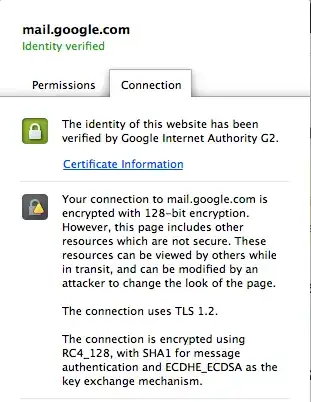In addition to what AviD lists out, SSL is only as secure as the DNS infrastructure that directed you to that server, and any corporate proxies in the communication path.
If the DNS infrastructure is hacked (cache poisoning, etc) then the attacker could subject your user to many attacks.
In addition if the client is going through software like Fiddler, or a corporate proxy, that software can easvdrop on your SSL conversation.
To mitigate this, look at the "issuer" of the SSL certificate. If the SSL connection is going through a proxy, then the issuer will be that of the proxy. If you're going through a direct connection, then you will see the relevant publicly trusted CA.
[More information]
A corporate HTTPS proxy is something that manages the connection between the web browser and the Proxy (whose IP address appears in your webserver logs). In that case the web content (HTTPS password too) is decrypted, and later re-encrypted at the corporate proxy and presented to your server.
Depending on who is managing the proxy, and how its logs are used, this may be acceptable or a bad thing from your perspective.
For more information on how SSL interception is done, see this link:
When the SSL Proxy intercepts an SSL
connection, it presents an emulated
server certificate to the client
browser. The client browser issues a
security pop-up to the end-user
because the browser does not trust the
issuer used by the ProxySG. This
pop-up does not occur if the issuer
certificate used by SSL Proxy is
imported as a trusted root in the
client browser's certificate store.
The ProxySG makes all configured
certificates available for download
via its management console. You can
ask end users to download the issuer
certificate through Internet Explorer
or Firefox and install it as a trusted
CA in their browser of choice. This
eliminates the certificate popup for
emulated certificates...
Some companies get around the certificate pop-up issue mentioned above by deploying the root certificates (of the Proxy) to each workstation via GPO. Although this will only affect software that uses the Microsoft Certificate store. Software such as Firefox and Chrome needs to be updated differently.
